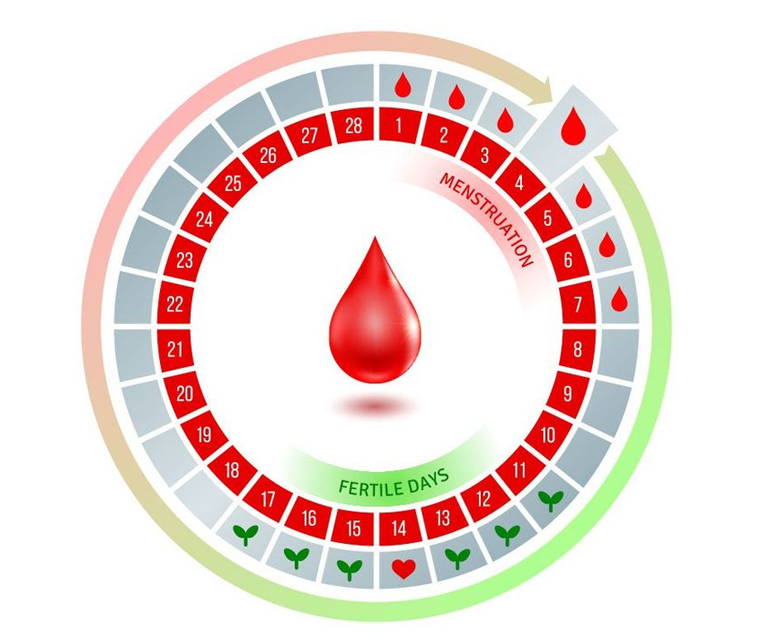Ovulation is a crucial phase in a woman's menstrual cycle, and it plays a significant role in fertility. Understanding when you ovulate can be essential if you're trying to conceive or want to monitor your reproductive health. Fortunately, there are various effective methods to track ovulation, allowing you to pinpoint your most fertile days with precision. In this blog post, we'll explore some of the best ways to track ovulation.
Basal Body Temperature (BBT) Tracking
Basal body temperature tracking involves taking your temperature every morning before getting out of bed. Your basal body temperature rises slightly after ovulation due to increased progesterone levels. To do this method effectively:
Use a basal body thermometer, which measures temperature with high accuracy.
Record your temperature at the same time each morning.
Create a chart to visualize temperature changes throughout your cycle.
Look for a sustained temperature rise, indicating that ovulation has occurred.
Cervical Mucus Monitoring
Monitoring cervical mucus changes is another valuable method to track ovulation. The consistency and appearance of cervical mucus change throughout your cycle. As you approach ovulation, your mucus becomes clear, slippery, and stretchy, resembling raw egg whites. To use this method:
Check your cervical mucus daily, ideally after urination.
Record the changes in texture, color, and quantity.
The presence of fertile cervical mucus signifies that you are approaching ovulation.
Ovulation Predictor Kits (OPKs)
Ovulation predictor kits are convenient tools that detect the surge in luteinizing hormone (LH) that occurs just before ovulation. To use OPKs:
Start testing a few days before you expect to ovulate (based on your cycle length).
Follow the kit's instructions for collecting a urine sample.
A positive result indicates that ovulation is likely to occur within the next 24-48 hours.
Menstrual Cycle Tracking Apps
In the digital age, there are numerous menstrual cycle tracking apps available for smartphones. These apps use data you input, such as your cycle length and any symptoms or mucus changes you observe, to predict your fertile window. Some popular apps include Clue, Flo, and Ovia.
Ovulation Pain (Mittelschmerz)
Some women experience a mild, one-sided abdominal pain known as mittelschmerz when they ovulate. Paying attention to this pain can help identify your fertile period. Keep a record of any discomfort you feel during your cycle to identify patterns.
Regular Menstrual Cycle Tracking
For those with relatively regular menstrual cycles, tracking your cycle can also be informative. Ovulation typically occurs around the midpoint of your cycle. For example, if you have a 28-day cycle, ovulation is likely around day 14. However, this method may not be as precise as others and is less suitable for those with irregular cycles.
Tracking ovulation is an invaluable tool whether you're trying to conceive or simply want to understand your menstrual cycle better. The methods mentioned above can be used individually or in combination to increase accuracy. Remember that every woman's body is unique, and it may take some time to determine which method or combination of methods works best for you. Be patient and consistent in your tracking, and consult a healthcare professional if you encounter any difficulties or have concerns about your fertility or reproductive health. Ultimately, understanding your body's ovulation patterns can empower you to make informed decisions about your reproductive journey.



© 2022 Jannee Fertility Centre. All Rights Reserved.
Designed by AMS Informatics